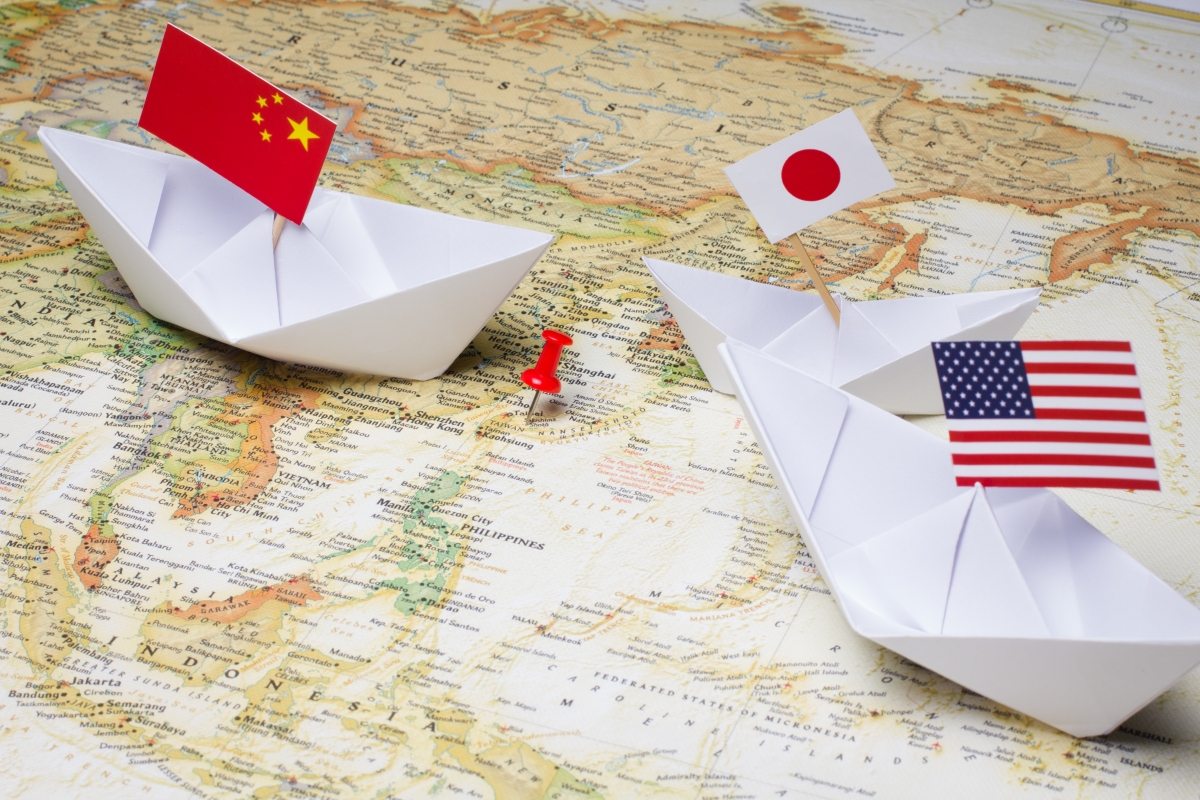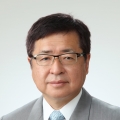Japan's Approach to a Shifting Regional Balance of Power
VIEW EVENT DETAILS
At the close of 2022, Japan issued three strategic documents that addressed security challenges in the region and notably described China — along with North Korea and Russia — as Japan’s greatest strategic challenge.
China's rise has created vast economic opportunities but China’s behavior has also put immense pressure on the U.S-led global order. As China’s neighbor and trading partner, as well as a U.S. ally, Japan is adapting its national security policies to successfully navigate this period of geopolitical risk, while also increasingly setting the diplomatic agenda for like-minded partners.
We invite you to join us at the Asia Society Policy Institute (ASPI) for an in-depth discussion on how Japan is responding to the changing international environment, mainly driven by pressures from China to global governance. This conversation will assess outcomes from the recent G7 meeting chaired by Japan, the sideline Quad Leaders’ Summit, and the evolving trilateral relations between the U.S., Japan, and South Korea. Daniel Russel, Vice President for International Security and Diplomacy at the Asia Society Policy Institute, will be joined by Nobukatsu Kanehara, Former Assistant Chief Cabinet Secretary to Prime Minister Shinzo Abe, and Yuki Tatsumi, Senior Fellow and Co-Director of the East Asia Program and Director of the Japan Program at the Stimson Center.
Breakfast will be served, beginning at 8:00 a.m. ET
SPEAKERS

Nobukatsu Kanehara served as Assistant Chief Cabinet Secretary to Prime Minister Shinzo Abe from 2012 to 2019. In 2013, Mr. Kanehara also became the inaugural Deputy Secretary-General of the National Security Secretariat, a role which he held until his retirement from government service in 2019. He also served as Deputy Director of the Cabinet Intelligence and Research Office. Mr. Kanehara’s role in the Cabinet built on a distinguished career at the Ministry of Foreign Affairs, where he served in a number of notable positions. These included the Director-General of Bureau of International Law, Deputy Director-General of the Foreign Policy Bureau, Ambassador in charge of the United Nations and Human Rights, He served abroad as Deputy Chief of Mission in Seoul, Republic of Korea and Political Minister at the Embassy of Japan in Washington. He was decorated by the president of Republic of France with l’Ordre de la Legion d’Honneur.

Yuki Tatsumi is a Senior Fellow and Co-Director of the East Asia Program and Director of the Japan Program at the Stimson Center. Before joining Stimson, Tatsumi worked as a research associate at the Center for Strategic and International Studies (CSIS) and as the special assistant for political affairs at the Embassy of Japan in Washington.Tatsumi’s most recent publications include Balancing Between Nuclear Deterrence and Disarmament: Views from the Next Generation (ed.; Stimson Center, 2018) Lost in Translation? U.S. Defense Innovation and Northeast Asia (Stimson Center, 2017). She is also the editor of four earlier volumes of the Views from the Next Generation series: Peacebuilding and Japan (Stimson Center, 2017), Japan as a Peace Enabler (Stimson Center, 2016), Japan’s Global Diplomacy (Stimson Center, 2015), and Japan’s Foreign Policy Challenges in East Asia (Stimson Center, 2014). She is author of Opportunity out of Necessity: The Impact of U.S. Defense Budget Cuts on the U.S.-Japan Alliance (Stimson Center, 2013), a co-author of Global Security Watch: Japan (Praeger, 2010), an author of Japan’s National Security Policy Infrastructure: Can Tokyo Meet Washington’s Expectations? (Stimson Center, 2008), and an editor/contributing author of U.S.-Japan-Australia Security Cooperation: Prospects and Challenges (Stimson Center, 2015), The New Nuclear Agenda: Prospects for US-Japan Cooperation (Stimson Center, 2012), North Korea: Challenge for the US-Japan Alliance (Stimson Center, 2010), Strategic Yet Strained: US force realignment in Japan and its impact of Okinawa (Stimson Center, 2008), and Japan’s New Defense Establishment: Institutions, Capabilities and Implications (Stimson Center, 2007).

Daniel Russel (moderator) is Vice President for International Security and Diplomacy at the Asia Society Policy Institute (ASPI). Previously he served as a Diplomat-in-Residence and Senior Fellow with ASPI for a one year term. A career member of the Senior Foreign Service at the U.S. Department of State, he most recently served as the Assistant Secretary of State for East Asian and Pacific Affairs. He served at the White House as Special Assistant to the President and National Security Council Senior Director for Asian Affairs, where he helped formulate President Obama’s strategic rebalance to the Asia Pacific region, including efforts to strengthen alliances, deepen U.S. engagement with multilateral organizations, and expand cooperation with emerging powers in the region. Among many roles at the Department of State, he served as Director of the Office of Japanese Affairs and U.S. Consul General in Osaka-Kobe.
Event Details
725 Park Avenue
New York, NY 10021